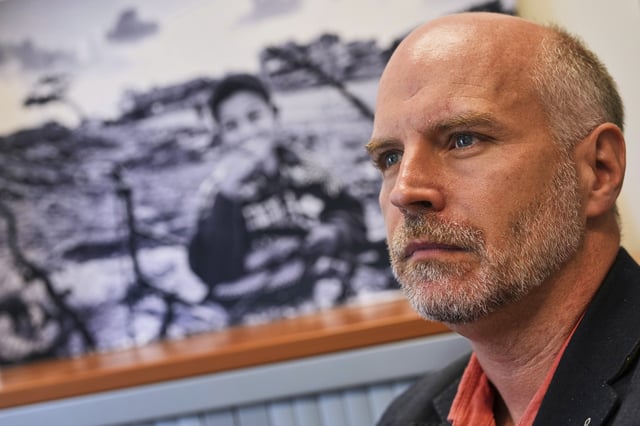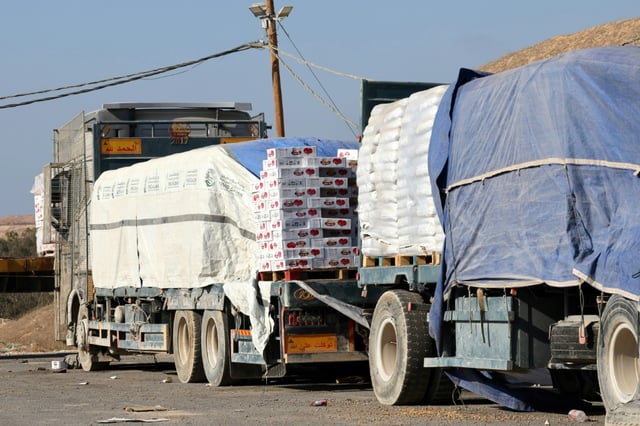Overview
- The IPC on Aug. 22 declared a famine in the Gaza Governorate and warned it could extend to Deir al-Balah and Khan Younis, projecting 641,000 people in famine by the end of September with 1.14 million in Phase 4 emergency and 198,000 in crisis.
- Israel’s government rejected the finding as “an outright lie,” with officials calling the report “tailor-made,” accusing it of relying on Hamas-run entities and UNRWA assessments, and saying IPC ignored Israeli data.
- UN Secretary-General António Guterres called the crisis a man-made disaster and urged a ceasefire, unfettered humanitarian access, protection of civilian infrastructure, and the return of hostages; FAO, UNICEF, WFP and WHO echoed the appeal.
- Algemeiner coverage highlights critics who question IPC methodology, citing the use of MUAC rather than weight-for-height for child malnutrition, reliance on partial July data, heavy use of hospital records, and assumptions about unreported mortality.
- The same report spotlights two named academic contributors, Andrew Seal and Zeina Jamaluddine, portraying their past statements as evidence of anti-Israel bias, an allegation presented by the outlet and contested in broader debate.

